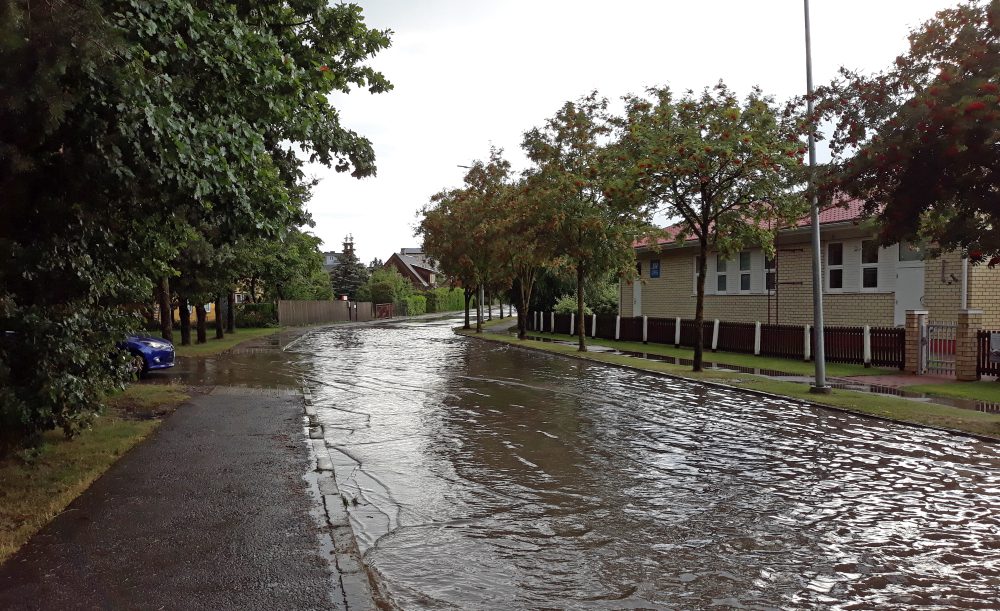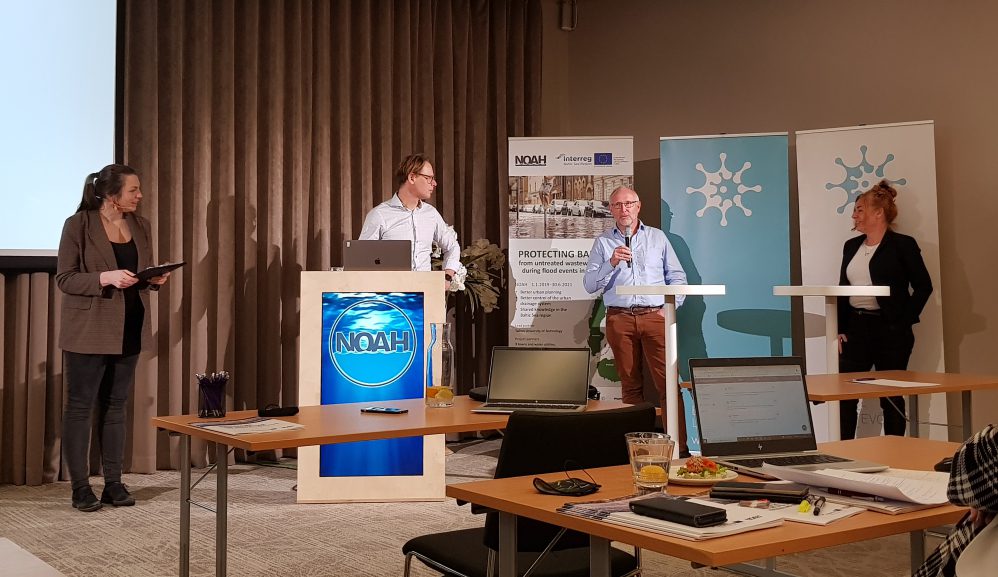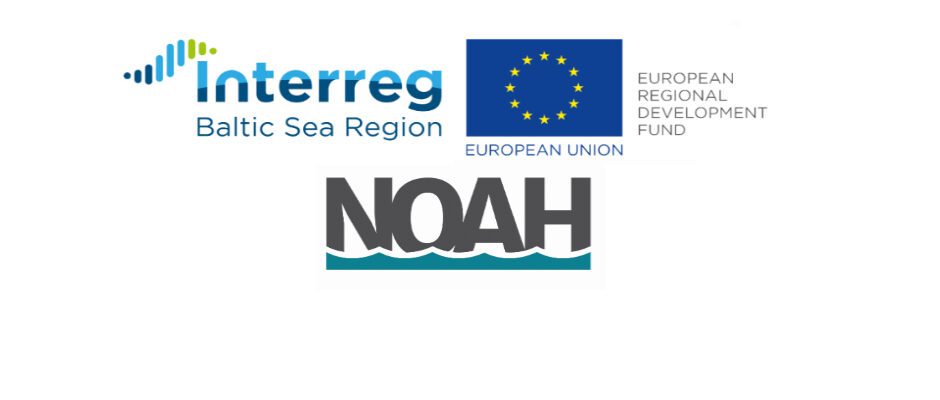Advancements in urban water management in the Baltic Sea region
Challenges caused by climate change demand more attention and measures in the future. Experts in the Baltic Sea region have developed a planning solution to tackle the flood risks in urban areas caused by extreme weather events.
Floods causing risks to urban areas and the Baltic Sea
Effective management of urban stormwaters is one key factor among environmental solutions in the future. Due to the weather extremes brought along by climate change, floods are becoming more frequent especially in urban areas. As the capacity of urban drainage systems is insufficient in extreme flood situations, the risk of untreated wastewater being flushed from urban drainage systems into the nature, including the Baltic Sea, increases. Wastewater spillages are harmful to people and the environment due to the excessive amount of nutrients, hazardous substances, and pathogenic microbes.

Support system for planning smart drainage systems
Urban areas can be prepared for floods by improved planning and risk analysis. A partnership of universities, research institutions, municipalities, water utilities and associations from six countries around the Baltic Sea have worked for flood risk mitigation in the BSR NOAH project in 2019-2021. The experts in the project have taken measures and developed new tools for urban stormwater management.
In NOAH, eight pilot areas have been chosen for testing and implementing control measures, monitoring tools and planning methods in real urban environments. Models of the areas have been created for making flood risk analyses. Based on the knowledge gathered by modeling, appropriate drainage control devices have been installed to enhance monitoring and adjustability of the drainage systems. Furthermore, to enhance spatial planning, a new methodology for investigating the areas’ flood risks – whether currently or in the future according to selected climate scenarios – has been created. The NOAH tool, Extreme Weather Layer (EWL), combines stormwater management with spatial planning to provide information on how to make the existing facilities resilient to the impacts of climate change.
Part of the NOAH partnership project carried out by “Wodociągi Słupsk” assumed the study of the impact of precipitation of varying intensity, range and duration on the existing sewage system in the city of Słupsk. The risk of contamination of the Słupia River with an overflow from a combined sewage system was indicated. Because of that “Wodociągi Słupsk” has applied a model based on extreme weather conditions (Extreme Weather Layer) with success. This experience showed that this model can be used in many other cities, especially those with similar problems.
Benefits for the entire Baltic Sea region
Implementation of the NOAH actions and tools can cut up to half of the inflow of pollutants from urban areas into the Baltic Sea. During the project lifespan, the EWL planning solution has been tested and adapted to the urban planning procedure of the partner cities. The NOAH concept is easily scalable to any urban area around the Baltic Sea. The aim is to anchor the activities into the daily practices of towns and water utilities, for mitigating impacts of climate change, and for transnationally protecting the Baltic Sea.

Photo: Katrin Kaur.
Interreg Baltic Sea Region NOAH project
- NOAH “Protecting Baltic Sea from untreated wastewater spillages during flood events in urban areas”,
- Funded by the Interreg Baltic Sea Region Programme
- 18 partners from six countries, led by Tallinn University of Technology
- 1 January 2019 – 31 December 2021
- Project website: sub.samk.fi/noah
- Handbook of the NOAH concept: https://sub.samk.fi/noah_handbook_30112021/.
Contacts:
Project coordinator, Ivar Annus
Tallinn University of Technology, Estonia
E-mail: ivar.annus@taltech.ee
Project communication manager, Hanna Rissanen
Satakunta University of Applied Sciences, Finland
E-mail: hanna.rissanen@samk.fi



